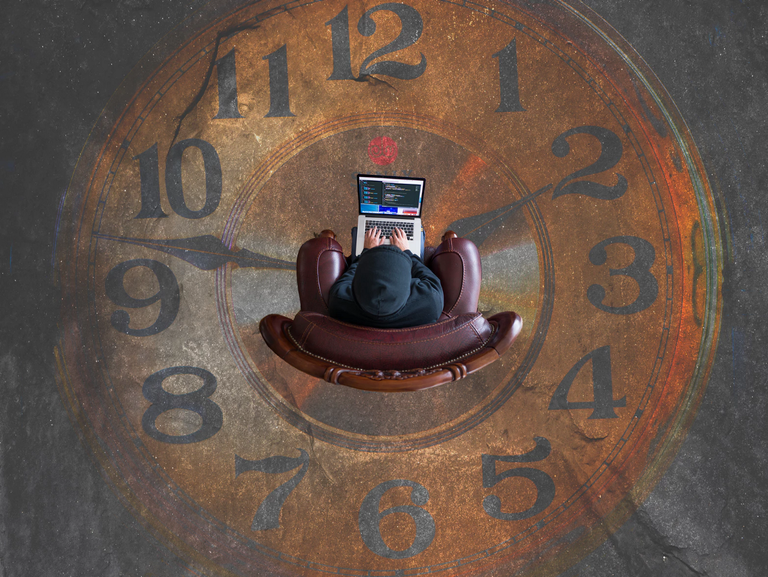Dreams have long been a source of fascination and intrigue for both psychotherapists and the general public. While the exact function and meaning of dreams is still not fully understood, psychotherapists have developed a variety of theories and techniques for working with dreams in the therapeutic process.
One of the most influential theories of dreams is that of Sigmund Freud, who believed that dreams are a manifestation of unconscious desires and repressed thoughts. According to Freud, the mind uses symbolism and metaphor to disguise these taboo or unsettling desires, allowing the dreamer to confront them in a safe and manageable way. As such, he proposed that analyzing the symbolism and metaphor of dreams can provide valuable insight into a person's unconscious thoughts and feelings.
Another popular theory is that of Carl Jung, who believed that dreams are a reflection of the psyche's attempt to integrate and reconcile the conscious and unconscious self. He proposed that dreams can serve as a form of inner guidance and personal growth, helping individuals to better understand themselves and their place in the world. Jung also believed that dreams can be a valuable tool for spiritual exploration, as they can offer a glimpse into the spiritual realm or provide guidance on a person's spiritual path.
Regardless of the specific theory or approach, one thing that most psychotherapists agree on is that dreams can be incredibly valuable in the therapeutic process. By exploring dreams in a safe and supportive environment, individuals can gain insight into their inner thoughts and feelings, which can help them to understand and cope with emotional and psychological challenges in their waking life. Additionally, by interpreting the symbolism and metaphor of dreams, individuals can gain a deeper understanding of their unconscious thoughts and feelings and how these relate to their conscious experiences.
Dreams can also be used as a way to work through unresolved issues from the past. Often, traumatic experiences or unresolved emotional conflicts can be repressed or buried in the unconscious mind. Through the process of exploring and interpreting dreams, individuals can access and work through these repressed experiences, which can help them to overcome emotional and psychological challenges they are facing.
Another way in which psychotherapists can use dreams in their practice is by helping individuals to harness the power of lucid dreaming. Lucid dreaming is the state of being aware that you are dreaming while you are still asleep. This state can allow the dreamer to actively participate in the dream and make conscious choices, which can be a powerful tool for personal growth and self-discovery. It is also valuable for those who experience nightmares, as the knowledge of the dreamer of being in the dream state can help them to regain control over their nightmare.
In conclusion, while the exact function and meaning of dreams is still not fully understood, psychotherapists have developed a variety of theories and techniques for working with dreams in the therapeutic process. By exploring and interpreting dreams in a safe and supportive environment, individuals can gain insight into their inner thoughts and feelings, which can help them to understand and cope with emotional and psychological challenges in their waking life. Additionally, by harnessing the power of lucid dreaming, individuals can actively participate in the dream and make conscious choices, which can be a powerful tool for personal growth and self-discovery.
